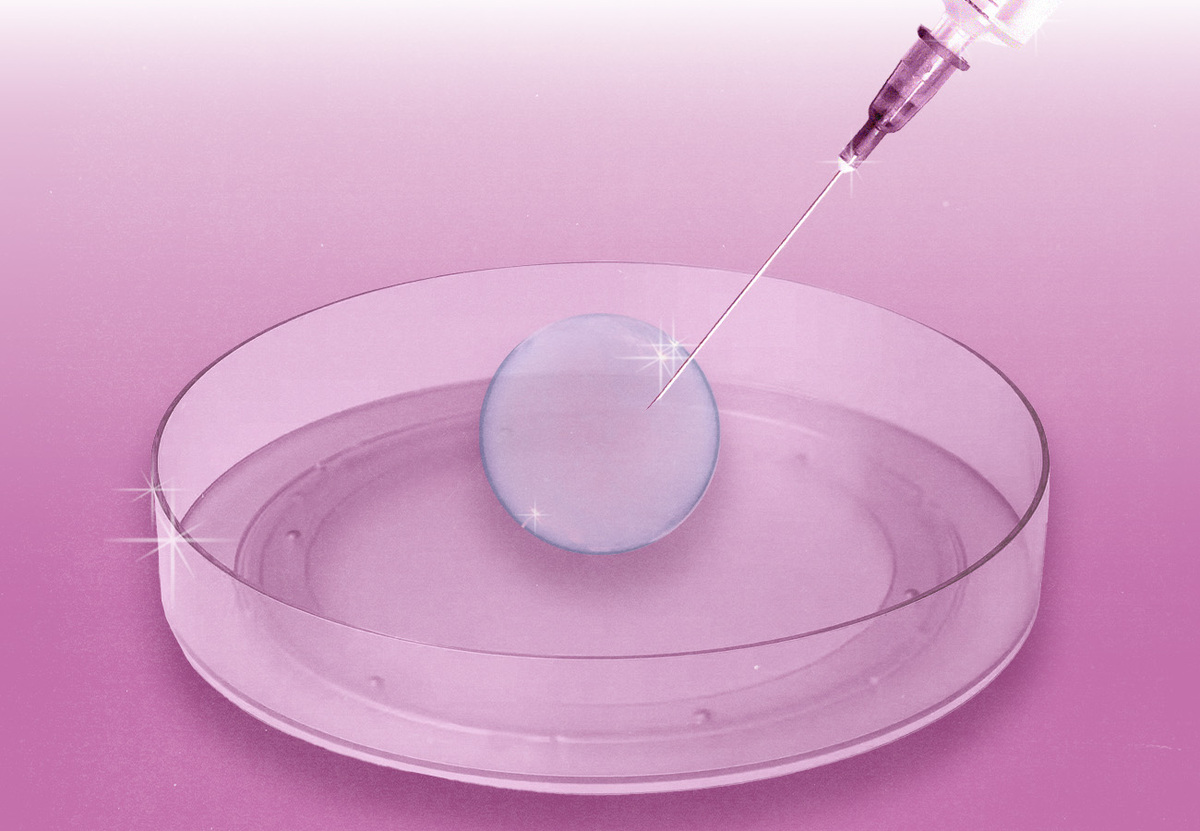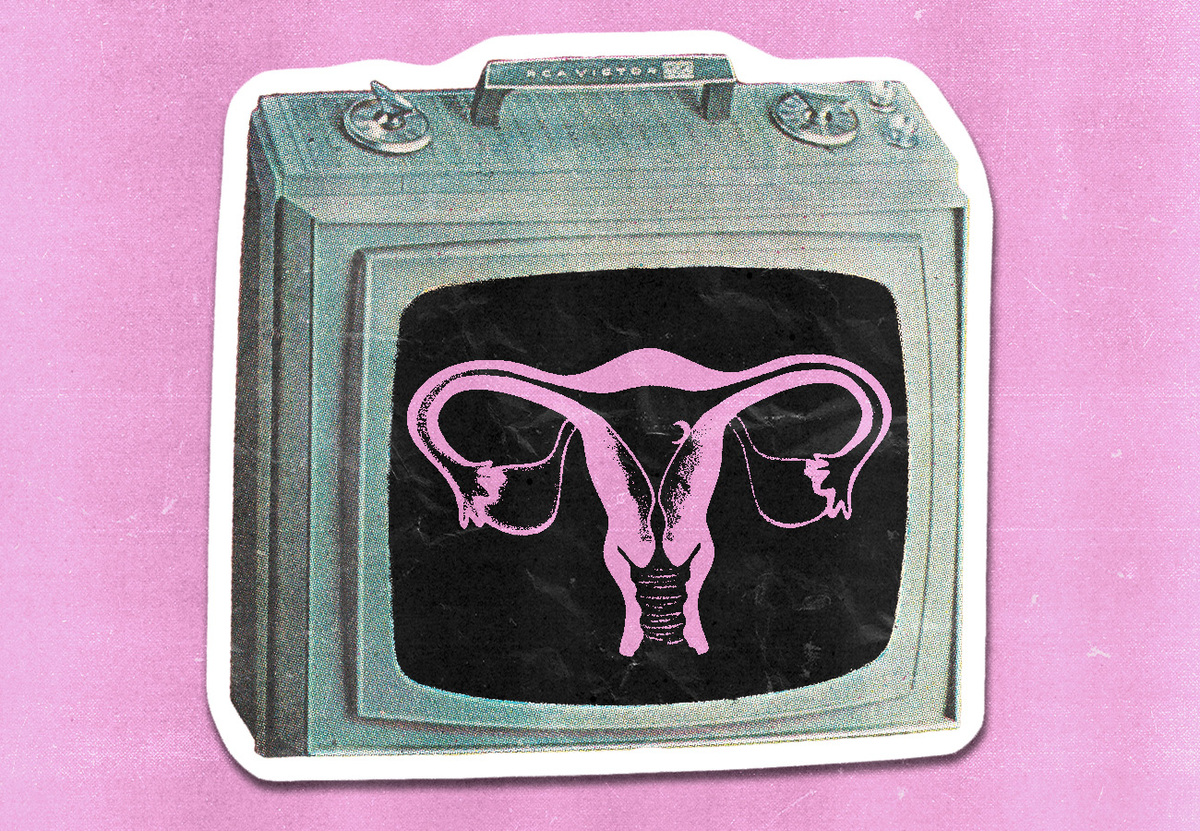
Not All People Struggling To Get Pregnant Need IVF
Here's why!
If you and your partner have been trying to conceive for over a year but haven’t had much luck, it is likely that the idea of undergoing IVF treatment has crossed your minds. IVF is often thought of as the go-to fertility treatment, and while IVF does indeed help couples to conceive, it is not the most appropriate treatment option for everyone. Indeed, there are other, less invasive, emotionally and physically taxing options like Intrauterine Insemination (IUI), that may be more suitable for you and your individual situation. But what is IUI? How is it different from IVF?
Before undergoing any fertility treatment, your fertility doctor will recommend you undergo a range of fertility tests in order to ascertain any physiological issues preventing conception in order to guide treatment. This can include a couple’s fertility test, aqua scans, Anti-Mullerian Hormone (AMH) test or any other scan which may be decided by your fertility consultant depending on your medical history. Based on the results of these scans your consultant will decide on how to proceed further.
What is IVF and what exactly happens in an IVF cycle?
In-vitro means “within the glass” in Latin, giving a clear hint about the process. Simply put, in-vitro fertilization is a type of assisted conception in which the female eggs are fertilized with male sperm in a glass petri dish under laboratory conditions. Once fertilized, the embryo is implanted back into the mother’s womb to allow for foetus development. IVF is usually used when there is an issue preventing the egg from reaching the sperm or preventing the sperm from fertilizing the egg.
In order to prepare your body for an IVF cycle, your fertility doctor will provide you with medicines and daily injections of follicle stimulating hormone (FSH). This helps to stimulate the ovaries and suppress ovulation according to the desired timeline, so your fertility doctor can collect the maximum amount of eggs at the right time. Timing is vitally important during the process to increase chances of conception.

Your fertility consultant will carefully monitor how the eggs are developing with regular blood tests. When the eggs are ready, a trigger injection of HCG (Human Chorionic Gonadotropin) will be administered in order to mature the eggs for retrieval. Egg retrieval will occur about 36 hours after the HCG trigger injection. During egg collection, you will be lightly sedated and eggs will be collected using a very fine needle which is inserted through the vagina and into the ovaries using ultrasound for guidance. Once retrieved, if using sperm from the male partner, a semen sample will need to be collected at this point in time.
The eggs are then fertilized with the sperm under the watchful eye of an embryologist in laboratory conditions – the strongest sperm are directly injected into eggs. Once egg(s) are fertilized, they are then left to grow for about 5 days into blastocysts. The most mature is then selected to be carefully placed into the mother’s uterus. After this procedure, you’ll need to wait for a couple of weeks and then take a pregnancy test.
IUI – Is it better than IVF?
We understand how physically, emotionally and financially draining IVF can be for many couples. But sometimes, all that a couple needs is a little nudge in the right direction. As discussed above, IVF will only be recommended by doctors based on your case history. Not all people require IVF and other fertility treatments may be more appropriate. IUI is one such example.
Intrauterine insemination, also known as IUI or artificial insemination, is another assisted conception technique which involves placing the sperm artificially into the uterus at the time of ovulation. This process may be recommended to couples who struggle to have vaginal intercourse due to a health disability, or those who need to use donated sperm but don’t have any reproductive issues such as single women or same sex female couples.
Similar to IVF, this process involves necessary scans such as hysterography at first. This is done to check if there are any blockages in the fallopian tubes. Once completed, your fertility doctor will then give you the option to undergo IUI with egg stimulation (using fertility drugs like those used with IVF), or in the natural course of your ovulation period. 
If proceeding with the natural course of ovulation, you may undergo a few more tests to better predict your peak ovulation phase. This would enable the doctors to choose the best time to inseminate the male sperm in order to achieve the best chances of conception. The procedure involves male sperm being collected, washed (a process in the laboratory to ensure only the strongest sperm remain).
The washed sperm is then directly injected at the entrance of each fallopian tube, using a thin catheter. This is to make sure the sperm can easily reach the female egg. Your fertility doctor will now let the process happen on its own and give you a pregnancy test date.
So how is IUI different from IVF?
Although some of the steps involved in IVF and IUI are the same, IVF is generally more invasive but will have a higher chance of success. IUI, on the other hand, involves fewer steps than IVF, and provides a more natural way to achieve pregnancy, though the success rate may not be as high. There is no egg retrieval and no lab fertilization in the IUI process, and the choice to undergo egg stimulation is yours. This makes the process less strenuous and inexpensive when compared to IVF.
It is highly recommended to take on board your fertility doctor’s advice as they will have a good understanding of your medical history and journey so far – they are best placed to advise on your reproductive health.
Every fertility journey is unique
The choice between IUI and IVF may be greatly influenced by the outcome of any fertility tests and doctor’s recommendations. Therefore, choosing between IVF and IUI is not something you should decide without any input from a medical professional, making finding a good fertility clinic in London, or your local area, with a doctor that you trust, imperative. With the right support and guidance, you too can achieve your dream of starting a family.











